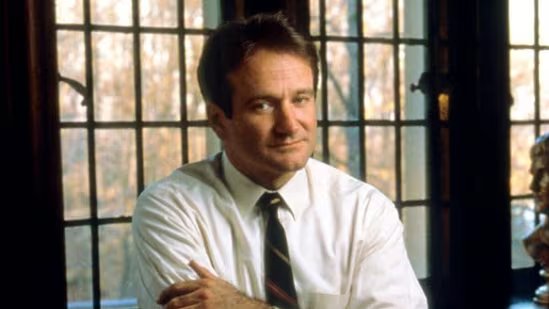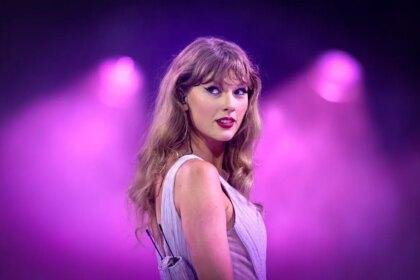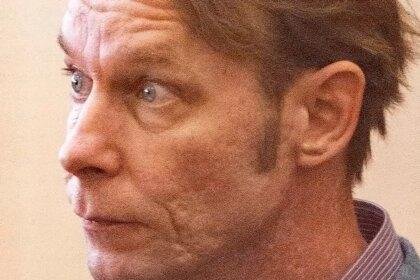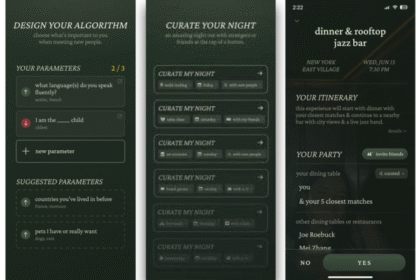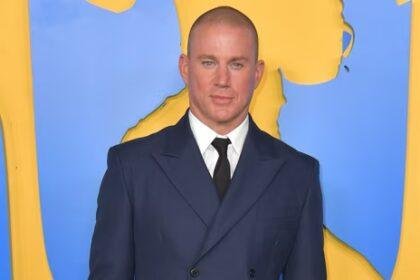Zelda Williams Condemns AI-Generated Videos of Her Late Father, Robin Williams
In a poignant and heartfelt message, Zelda Williams, the daughter of the late actor and comedian Robin Williams, has publicly criticized the proliferation of AI-generated videos featuring her father. This outcry comes in the wake of a growing trend where artificial intelligence is used to recreate the likeness and voice of deceased celebrities, raising ethical questions about consent and the preservation of legacies.
A Personal Plea Against AI Exploitation
Zelda took to her Instagram Story to express her dismay, urging fans and followers to refrain from sending her AI-generated content that features her father. “Please, just stop sending me AI videos of Dad,” she implored. Her message was not just a personal request but a broader condemnation of what she perceives as a disrespectful trend.
She elaborated, stating, “Stop believing I wanna see it or that I’ll understand, I don’t and I won’t. If you’re just trying to troll me, I’ve seen way worse, I’ll restrict and move on.” Zelda emphasized the emotional toll such content takes on her and others who loved Robin Williams, asserting that it is not what he would have wanted.
The Ethical Dilemma of AI in Entertainment
Zelda’s comments highlight a significant ethical dilemma in the entertainment industry: the use of AI to recreate the likenesses of individuals who can no longer consent. “To watch the legacies of real people be condensed down to ‘this vaguely looks and sounds like them so that’s enough’… is maddening,” she stated. This sentiment resonates with many who believe that the essence of artistry should not be reduced to mere digital imitations.
The actress and filmmaker went further, likening the practice to “making disgusting, over-processed hotdogs out of the lives of human beings.” Her vivid metaphor underscores the concern that AI-generated content lacks the depth and authenticity that characterized the original works of artists like her father.
A Growing Movement Against AI in Hollywood
Zelda’s outcry is part of a larger movement within Hollywood that is increasingly wary of AI’s encroachment into creative spaces. Just days before her statement, the Screen Actors Guild-American Federation of Television and Radio Artists (SAG-AFTRA) issued a statement opposing the use of AI to replace human performers. The union emphasized that “creativity is, and should remain, human-centered,” echoing Zelda’s concerns about the implications of AI on artistic integrity.
This growing apprehension is not unfounded. In January, actress Scarlett Johansson warned of the “imminent dangers of AI” after a deepfake video of her circulated online. Such incidents have prompted many in the industry to advocate for stricter regulations surrounding the use of AI in entertainment.
Historical Context: The Evolution of Celebrity and Technology
The intersection of celebrity culture and technology is not new. From the early days of cinema to the rise of social media, the portrayal of public figures has always been influenced by technological advancements. However, the advent of AI presents unique challenges that previous generations did not face.
Historically, the use of likenesses in media has often been governed by consent and ethical considerations. The rise of deepfake technology and AI-generated content complicates these norms, as it allows for the creation of hyper-realistic representations without the need for permission from the individuals involved. This shift raises questions about ownership, legacy, and the moral responsibilities of creators.
Zelda’s Ongoing Advocacy
Zelda Williams has been vocal about her concerns regarding AI for some time. In 2023, she expressed her support for SAG-AFTRA’s fight against AI, highlighting the real-world implications of training AI models on the likenesses of actors who cannot consent. “I’ve witnessed for YEARS how many people want to train these models to create/recreate actors who cannot consent, like Dad. This isn’t theoretical, it is very very real,” she wrote.
Her advocacy is not just about protecting her father’s legacy; it reflects a broader concern for the rights of all artists. As technology continues to evolve, the need for ethical guidelines and regulations becomes increasingly urgent.
The Future of AI in Entertainment
As the debate over AI-generated content continues, the entertainment industry finds itself at a crossroads. On one hand, AI offers exciting possibilities for creativity and innovation. On the other, it poses significant ethical challenges that cannot be ignored.
Zelda’s passionate plea serves as a reminder that behind every digital creation lies a human story, one that deserves respect and consideration. As the industry grapples with these complex issues, the voices of those directly affected-like Zelda Williams-will be crucial in shaping the future of entertainment.
Conclusion
Zelda Williams’ condemnation of AI-generated videos featuring her father, Robin Williams, underscores a growing concern within the entertainment industry regarding the ethical implications of artificial intelligence. As technology continues to advance, the need for a thoughtful dialogue about consent, legacy, and artistic integrity becomes increasingly vital. The conversation initiated by Zelda is not just about one individual; it reflects a broader struggle to preserve the humanity behind the art in an age of rapid technological change.




